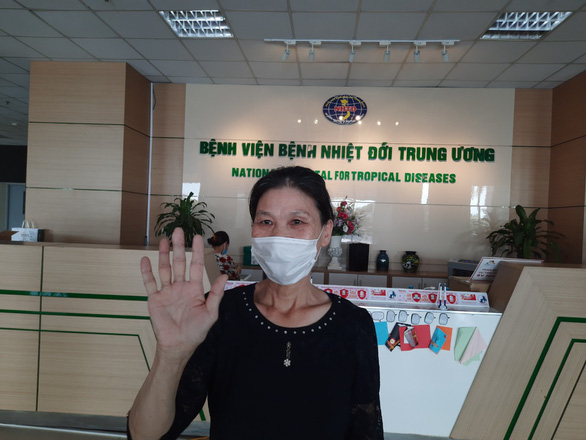Vietnam has yet to decide on when it will officially declare victory over the novel coronavirus disease (COVID-19) epidemic as questions remain over how imported cases will affect general public health.
Prime Minister Nguyen Xuan Phuc ordered the Ministry of Health to delineate benchmarks for proclaiming an end of the epidemic at a meeting of the Standing Committee of the Vietnamese government last week.
The health ministry, however, has yet to respond to the request despite Friday morning marking the 36th day in a row that Vietnam has logged no new cases of community transmission.
The last infection detected in the community was a 16-year-old Vietnamese girl from the northern province of Ha Giang who was placed in quarantine on April 7 and confirmed positive for the virus on April 16.
The country’s patient tally currently sits at 324, with 266 recoveries and no deaths.
There have been 56 new COVID-19 cases in Vietnam since April 16, all of which were Vietnamese returnees from other countries, including 17 from the United Arab Emirates, 32 from Russia, two from Japan, one from the UK, one from Cambodia, one from the Philippines, and two from the United States.
Vietnam’s Law on Prevention and Control of Infectious Diseases decrees that an epidemic can be called off if no new cases of infection are detected after a certain period of time and other conditions specific to the epidemic, as prescribed by the prime minister, are met.
The period of time applicable to the COVID-19 epidemic is 28 days from when the last COVID-19 patient is quarantined, according to a decision signed by Prime Minister Nguyen Xuan Phuc on February 26.
The Law on Prevention and Control of Infectious Diseases, however, does not distinguish between community and imported infections, creating a grey area concerning the prerequisites for Vietnam’s declaration of the end of the epidemic in the country.
In many other countries, there is no law on criteria for declaring an outbreak and when to call it off.
A meeting of the National Committee on COVID-19 Prevention and Control on Thursday afternoon highlighted the importance of beefing up the control of transmission from overseas, especially Vietnamese citizens returning on repatriation flights, those entering Vietnam for diplomatic purposes and official duties, and incoming experts and workers.
The control of residents’ cross-border traveling via roadways was also requested to be maintained and strengthened as a man crossing the border illegally from Cambodia was recorded among Vietnam’s new imported COVID-19 cases.
The government has tasked local police with monitoring those in self-quarantine at their residences and representative offices, while military facilities shall manage overseas Vietnamese returnees and those placed under centralized quarantine.
Like us on Facebook or follow us on Twitter to get the latest news about Vietnam!

















































